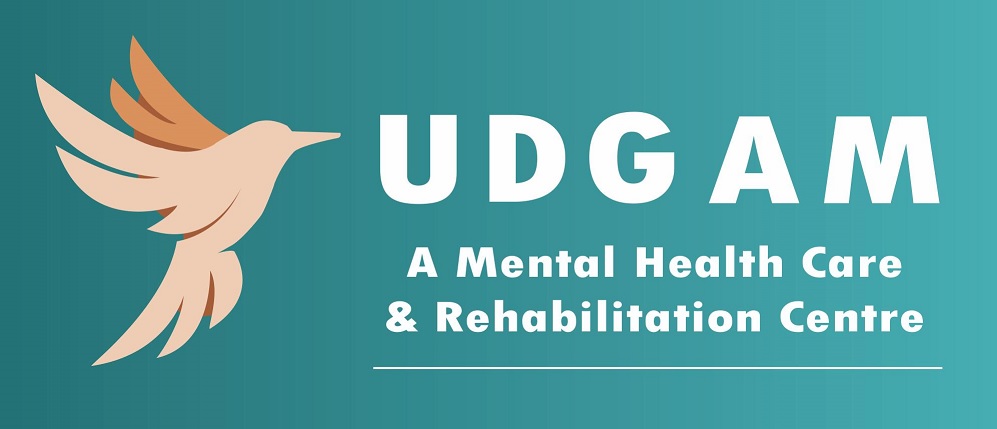Antipsychotic Medications:
- Antipsychotic medications are a cornerstone of schizophrenia treatment. They help control symptoms such as hallucinations, delusions, and disorganized thinking.
- There are different types of antipsychotic medications, and the choice depends on factors such as the individual's response to the medication and the presence of side effects.
- It's important to work closely with a psychiatrist to find the most effective medication with the fewest side effects.
Psychotherapy:
- Cognitive-behavioral therapy (CBT) and other forms of psychotherapy can be beneficial for individuals with schizophrenia.
- Therapy can help individuals understand and manage their symptoms, improve communication and social skills, and address issues related to daily functioning.
Family Support and Education:
- Involving family members in the treatment process is often crucial. Education about schizophrenia and its treatment can help families provide effective support.
- Supportive family environments can contribute significantly to the individual's overall well-being.
Rehabilitation and Social Skills Training:
- Rehabilitation programs focus on helping individuals with schizophrenia improve their daily functioning, including work, social relationships, and independent living.
- Social skills training can be beneficial in enhancing communication and interpersonal skills.
Hospitalization:
- In some cases, hospitalization may be necessary, especially during acute phases of the illness or if the individual is a danger to themselves or others.
Community Support and Case Management:
- Community support services and case management can provide ongoing assistance with accessing resources, managing medications, and participating in treatment programs.
It's crucial for individuals with schizophrenia to have a comprehensive and individualized treatment plan. Regular follow-up with mental health professionals, adherence to medication regimens, and ongoing support are key components of managing schizophrenia effectively. The support of family and friends is also significant in the long-term management of the condition. If you or someone you know is experiencing symptoms of schizophrenia, it's important to seek help from a qualified mental health professional.
At UDGAM A Mental Health Care and Rehabilitation Centre Dr. Rajesh Kumar, a distinguished psychiatrist in Delhi, brings over 14 years of invaluable experience to the forefront. Dr. Rajesh Kumar is dedicated to providing exceptional care for both children and adults, addressing a diverse range of developmental and emotional concerns. Specialize in a comprehensive array of mental health services, including expert care in: Schizophrenia, OCD, Depression, Bipolar Disorder, Visual/Auditory Hallucinations, Epilepsy, Autism Spectrum Disorder, ADHD, Anxiety Disorder, PTSD, Migraine Headache, Sleep Problems, Addiction, Exam Anxiety, Relationship Problems, Anger Management, IQ Assessment and more.



 The treatment of schizophrenia typically involves a combination of medications, psychotherapy, and support services. It's important to note that the approach to treatment may vary based on the individual's symptoms, severity of the condition, and other factors. The goal of treatment is to manage symptoms, improve quality of life, and support the individual in achieving their goals.
The treatment of schizophrenia typically involves a combination of medications, psychotherapy, and support services. It's important to note that the approach to treatment may vary based on the individual's symptoms, severity of the condition, and other factors. The goal of treatment is to manage symptoms, improve quality of life, and support the individual in achieving their goals.
